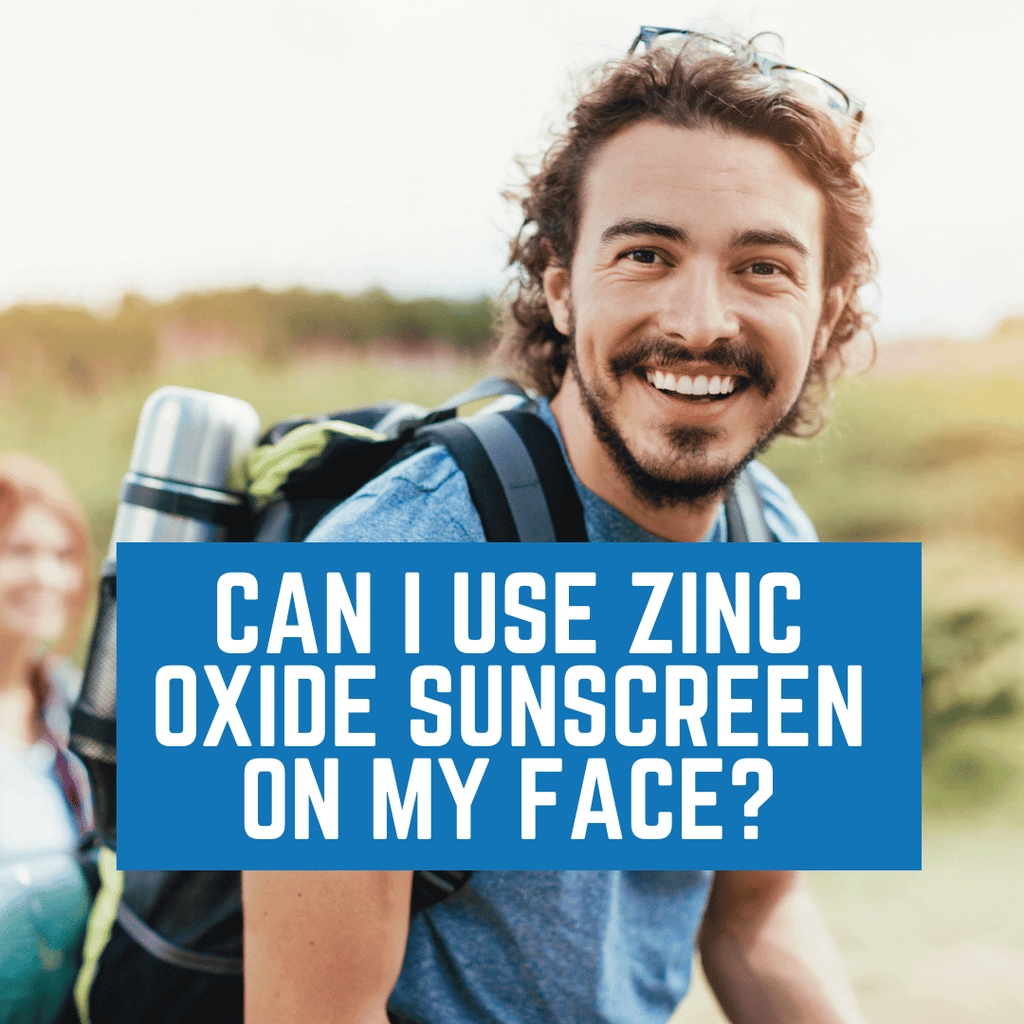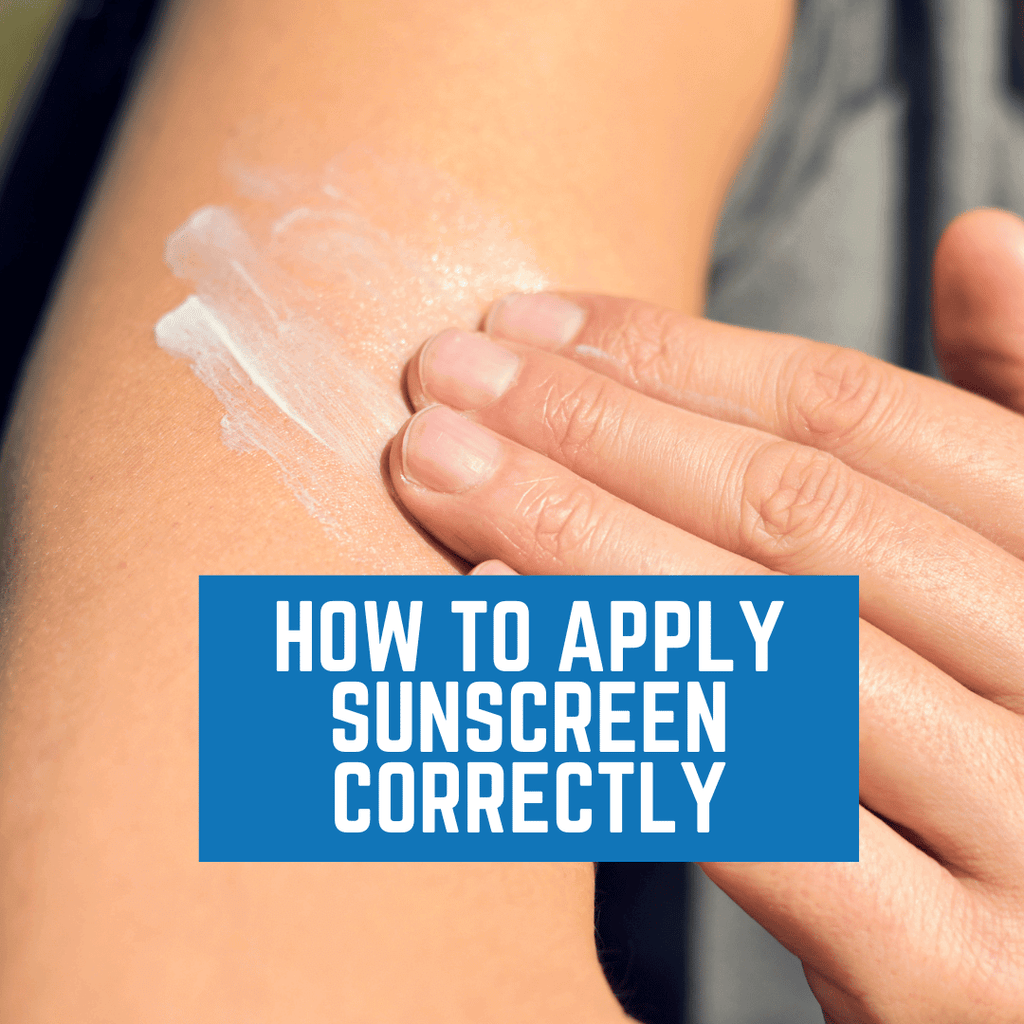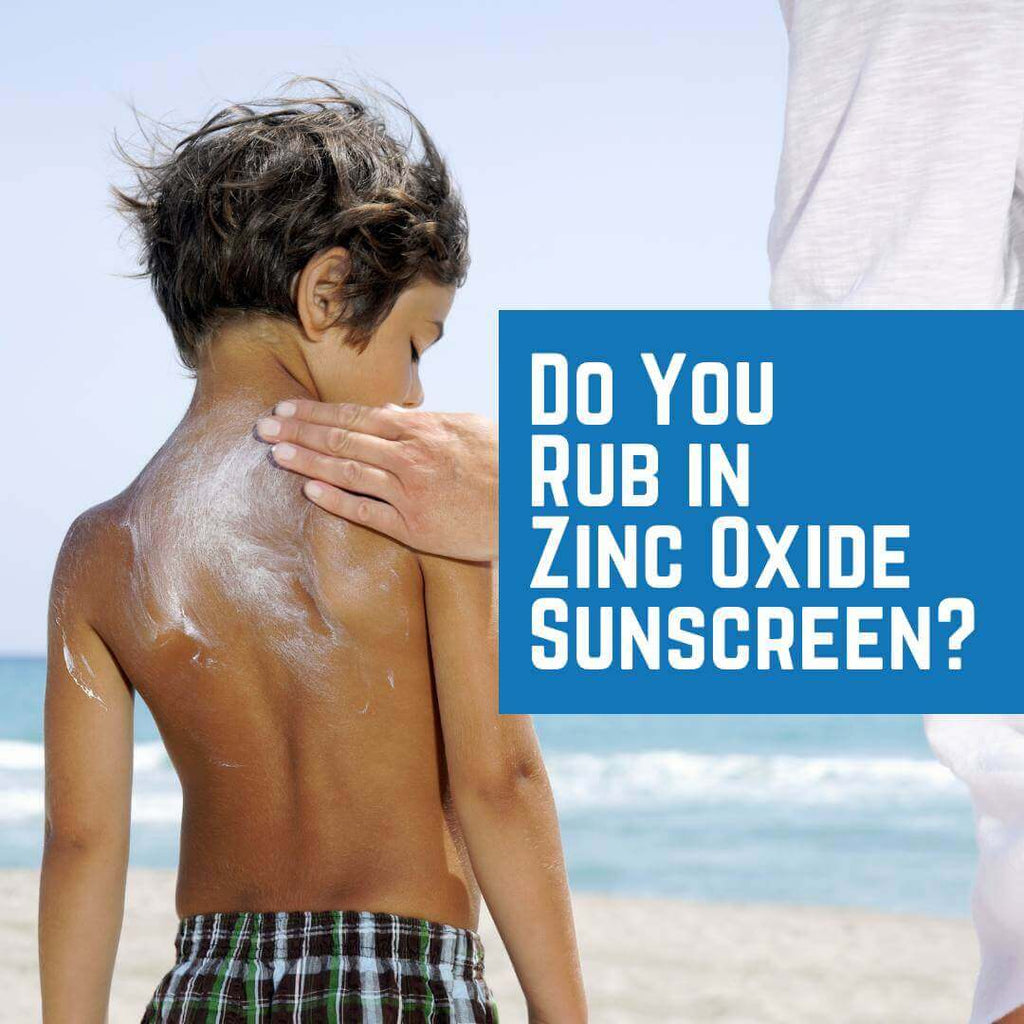The Learning Lab

Non-Comedogenic SPF Guide: Clear Skin, Zinc Oxide Sunscreen
Your family deserves sunscreen that protects without causing breakouts or irritation. If you’ve ever applied sunscreen and ended up with clogged pores, greasy skin, or a breakout the next morning, you know the frustration. The sunscreen aisle is a gamble for many families: protect your skin from sun damage, or...

Mineral vs Chemical Sunscreen for Acne-Prone Skin
If you're the mom of a teenager dealing with acne, you know how challenging it can be to find skincare products that protect without making breakouts worse. The last thing you want is for your teen's sunscreen (something that should be protecting their skin) to trigger more pimples just when...

Can I Use Zinc Oxide Sunscreen on My Face?
If you've been wondering whether zinc oxide sunscreen is safe for your face, you're asking the right question. The short answer? Absolutely yes, and it might just be the best choice you can make for your facial skin. Let me share something that might surprise you: zinc oxide has been...

How to Apply Sunscreen Correctly
"Do I really need to reapply every two hours? Should I put it on under makeup? Is a little bit enough if I'm just running errands?" Sound familiar? You're not alone. Most people aren't applying sunscreen correctly, leaving their skin exposed to UVA and UVB damage. Here's how to get...

Do you rub in Zinc Oxide Sunscreen?
Here's What You Need to Know. If you've ever applied mineral sunscreen and thought, "I'll just keep rubbing until I can't see it anymore," you're not alone. Many people assume sunscreen should disappear completely for effective use. But here's the truth—if you're using zinc oxide sunscreen, rubbing it in until...

Can you bring sunscreen on a plane?
In the realm of skincare, few products are as essential as sunscreen. Its role in daily skincare routines goes beyond mere protection from sunburns; it shields the skin from harmful UV rays, preventing premature aging, sunspots, and even skin cancer. Choosing the right sunscreen is not a random act, but...




































































